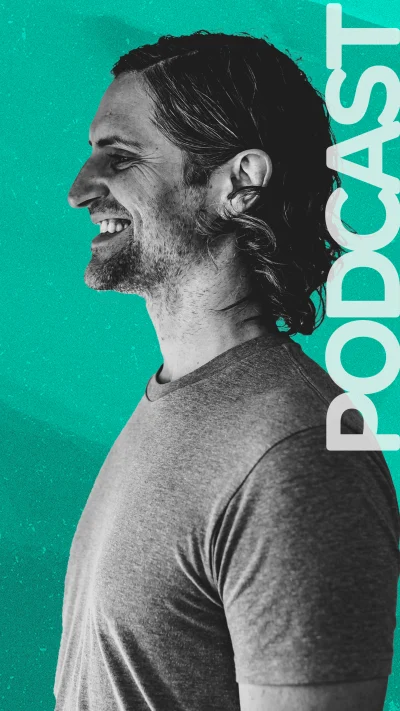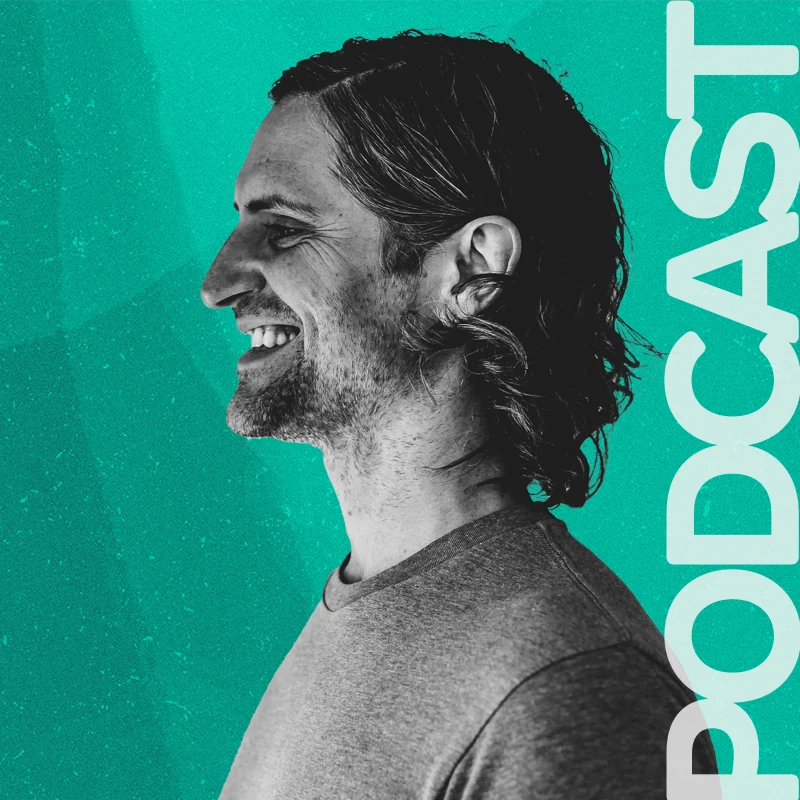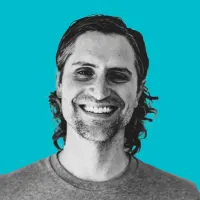This website uses cookies, belonging to us or third parties, to improve your experience, optimize performance and our services, understand your usage through analytics, and personalize advertising tailored to your interests on our site and third party sites. By continuing to use our site, you consent to such use of cookies. Please visit our Terms of Use and Privacy Policy where you can find out more about cookies and how to manage them.



Being effectively selfish means prioritizing one's own wants and well-being in a responsible and reasonable way. It entails looking for oneself on a physical, emotional, and mental level while not ignoring or purposely hurting others. Being effectively selfish allows people to fully engage in their relationships and obligations by acknowledging that self-care is important for general happiness and personal development.
Setting limits and using discretion when it comes to saying no without feeling guilty or under pressure to put others' needs before your own requires healthy selfishness. It entails accepting and valuing one's own interests, dreams, and aspirations rather than relying only on outside sources for approval. People can gain clarity, and develop a stronger sense of self by making the effort to nourish themselves, whether through self-reflection, self-care routines, or engaging in personal interests.
Furthermore, practicing healthy selfishness does not include total disregard for the needs of others or being self-absorbed. It involves finding a healthy balance between taking care of oneself and providing for others and realizing how important it is to look out for everyone around you. People can cultivate stronger relationships, enhance their general quality of life, and improve their capacity to support and positively impact their environment by being effectively selfish.

Being effectively selfish means prioritizing one's own wants and well-being in a responsible and reasonable way. It entails looking for oneself on a physical, emotional, and mental level while not ignoring or purposely hurting others. Being effectively selfish allows people to fully engage in their relationships and obligations by acknowledging that self-care is important for general happiness and personal development.
Setting limits and using discretion when it comes to saying no without feeling guilty or under pressure to put others' needs before your own requires healthy selfishness. It entails accepting and valuing one's own interests, dreams, and aspirations rather than relying only on outside sources for approval. People can gain clarity, and develop a stronger sense of self by making the effort to nourish themselves, whether through self-reflection, self-care routines, or engaging in personal interests.
Furthermore, practicing healthy selfishness does not include total disregard for the needs of others or being self-absorbed. It involves finding a healthy balance between taking care of oneself and providing for others and realizing how important it is to look out for everyone around you. People can cultivate stronger relationships, enhance their general quality of life, and improve their capacity to support and positively impact their environment by being effectively selfish.
You May Also Like

Thomas McConkie


